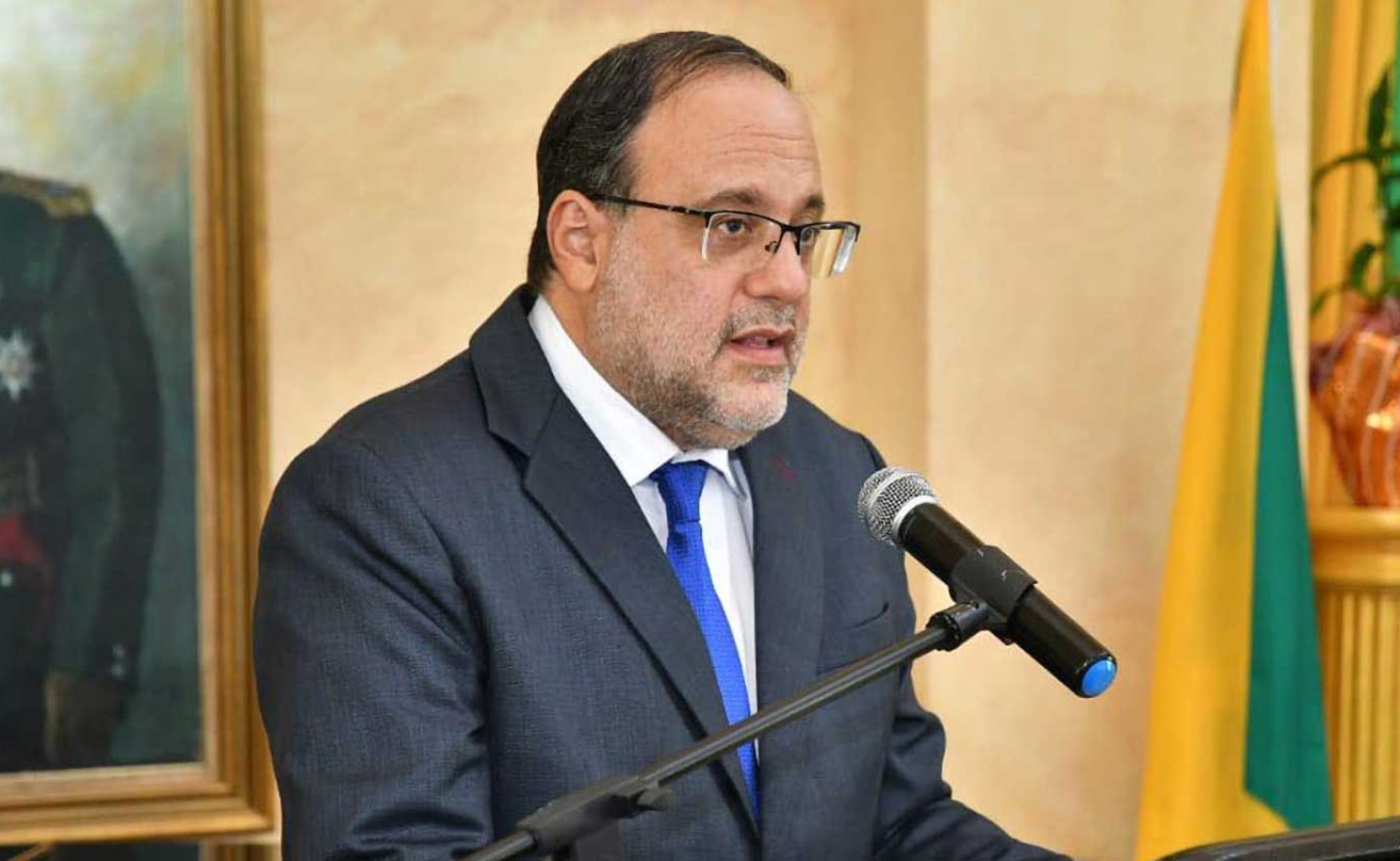JAMAICA | PNP Hails Supreme Court Ruling Against "Unconstitutional" States of Emergency as Government Vows Appeal

KINGSTON, Jamaica, May 16, 2025 - In what opposition leaders are calling "a resounding victory for constitutional governance," Jamaica's Supreme Court ruled on Friday that the government's repeated use of States of Public Emergency (SOEs) as a crime-fighting tool violates the country's constitution, setting the stage for a high-stakes legal battle as the government immediately announced plans to appeal.
The People's National Party (PNP), which brought the constitutional challenge, celebrated the landmark decision as vindication of their long-standing position that the Jamaica Labour Party government had overstepped its authority in declaring 24 separate SOEs between 2018 and 2023.
"This win belongs to every Jamaican who values justice and constitutional order," said a PNP spokesperson in a statement released hours after the ruling. "The Court has affirmed what we have long argued: that multiple and extended use of States of Public Emergency as a routine crime-fighting tool is a violation of the Constitution's extraordinary emergency powers."
The comprehensive judgment delivered significant blows to the government's security strategy, declaring SOEs imposed between January 2018 and February 2023 both unconstitutional and void. According to the court, these emergency declarations failed on multiple fronts: they were not declared for purposes specified under Section 20 of the constitution, were not demonstrably justified in a free and democratic society, and breached the fundamental doctrine of separation of powers.
Particularly damning was the court's finding on what it termed "rolling proclamations" issued on November 15, December 6, and December 28, 2022. These actions, according to the judgment, deliberately circumvented Parliament's constitutional role under Section 20(4), which requires a two-thirds majority to approve SOE extensions beyond 14 days - a maneuver critics have long condemned as constitutional sleight-of-hand.
Attorney General Dr. Derrick McKoy swiftly announced the government would challenge the ruling, stating his chambers would undertake "a thorough review of the legal and constitutional implications" in preparation for appeal.
"As it was satisfied with the conduct of the Parliament, the Government, and the governor general in declaring these states of emergency, the Government will now give serious consideration to this judgment as we appeal the decision," McKoy stated, signaling what appears to be an unwavering commitment to defend the administration's security policies.
The ruling centers on what critics have described as the government's "addiction to emergency powers" - deploying what should be a last-resort mechanism against existential threats as a standard policing strategy. In some cases, entire parishes were placed under emergency powers, with renewals occasionally implemented without proper parliamentary oversight.
The court's decision comes at a time when recent crime statistics have undercut the government's justification for the emergency measures. Murder rates have notably declined through what the PNP describes as "targeted law enforcement measures" without resorting to SOEs - a point they emphasized as proof that constitutional shortcuts are unnecessary.
"Jamaica's long-term security hinges on appropriate policing strategies, robust democratic institutions and community-led solutions," the PNP statement continued, "achievable without unconstitutional violations of fundamental rights and freedoms."
Legal experts note that the ruling reinforces crucial constitutional guardrails, establishing that even when facing serious security challenges, governments must meet standards of necessity, proportionality and parliamentary accountability before suspending civil liberties.
The PNP vowed to continue advocating for "holistic, rights-respecting strategies" to address violent crime while strengthening Jamaica's democratic system of government, positioning themselves as defenders of both public safety and constitutional rights in what is shaping up to be a defining constitutional clash ahead of upcoming elections.
